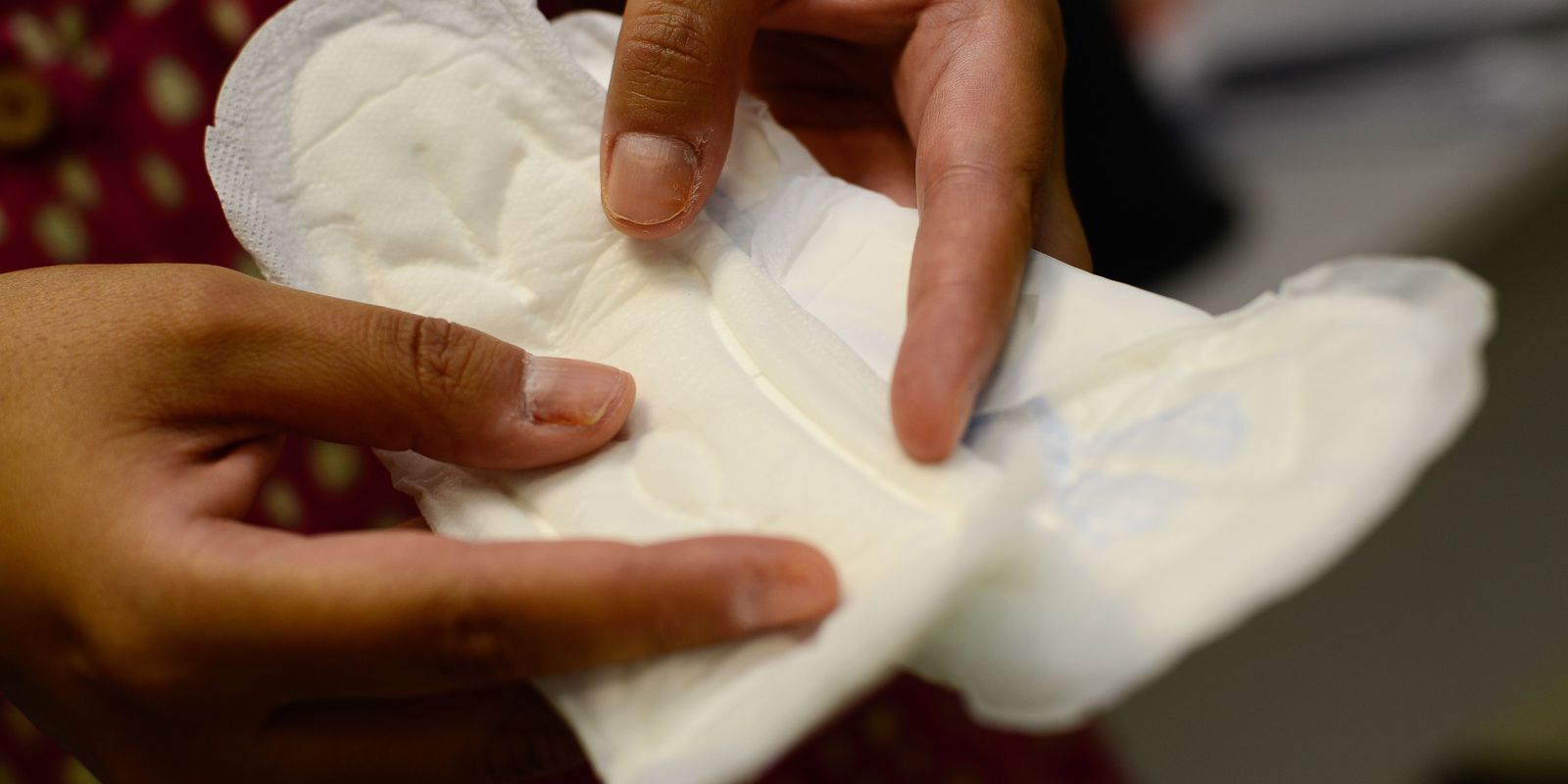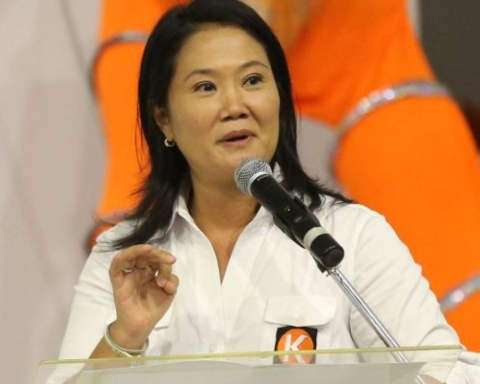The National Congress overturned, this Thursday (10) the presidential veto of the project that provides for free distribution of sanitary pads for low-income students in the public network and for women in street situations or social vulnerability. With that, the vetoed text is enacted in Congress and the measure becomes law.
The project, whose veto was overturned today, aims to promote a health and hygiene care strategy, fighting menstrual precariousness – the lack of access to hygiene products and other items needed during menstruation. Women of reproductive age enrolled in the Single Registry of Social Programs (CadÚnico), as well as homeless women, will be covered, regardless of registration.
The project also has a focus on combating school dropout. According to the project’s report, at the time of its approval in the Senate, one in four children does not attend classes during their menstrual period because they do not have sanitary pads.
Specific items of this policy, such as criteria for quantity and form of free supply of absorbents, will be defined in a later regulation. The resources will be from the Union made available to the Unified Health System (SUS). In the case of women apprehended and prisoners, the funds will be made available by the National Penitentiary Fund.
Veto and subsequent decree
In October, President Jair Bolsonaro sanctioned the Menstrual Health Protection and Promotion Program, but vetoed the distribution of sanitary pads, the main point of the initiative. In the government’s justification, the project would be against the public interest. According to the Ministries of Economy and Education, to which the President of the Republic consulted, the project did not indicate a source of funding or compensatory measure.
The veto entered and left the agenda of congressional sessions twice, under criticism from parliamentarians. The tendency among parliamentarians, however, has always been for the overthrow of the veto. One of the indications of this was the signal from the President of Congress himself, Senator Rodrigo Pacheco (PSD-MG), that he would work in favor of the project.
Last Tuesday (8), International Women’s Day, Bolsonaro signed a decree providing for the supply of sanitary pads “to women who need it”. The decree, however, emphasizes that the distribution is subject to budgetary and financial availability. That is, there is no legal guarantee that such distribution will occur.
During the overthrow of the veto, lawmakers criticized the decree and highlighted its limited effects. “When Bolsonaro tries to demonstrate that he may have been sensitized, he issues a decree that we see, in practice, as more of a joke. A decree with no deadline, no recourse, no source of funding”, said deputy Tabata Amaral (PDT-SP). Sâmia Bonfim (PSOL-SP) highlighted that the Congress project encompasses 3.5 million more women than provided for in the decree.
















